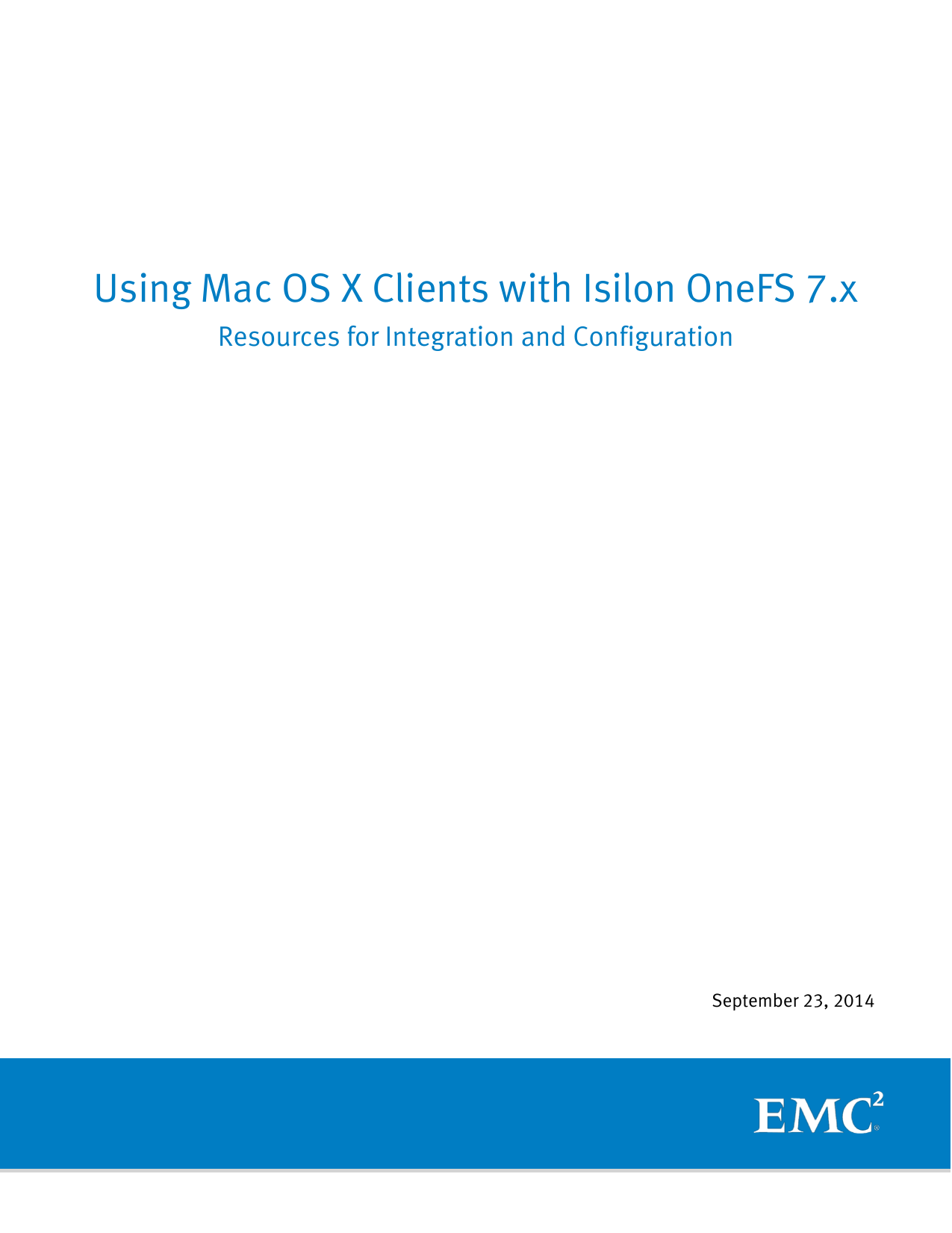
- #Do not copy systems and administrators permission on emcopy trial#
- #Do not copy systems and administrators permission on emcopy professional#
- #Do not copy systems and administrators permission on emcopy download#
- #Do not copy systems and administrators permission on emcopy free#
- #Do not copy systems and administrators permission on emcopy windows#
Finding and downloading it is not as straightforward as it should be here's what worked for me. I just learned about emcopy.exe, a file copy utility from EMC similar (and superior in some ways) to xcopy, robocopy, xxcopy, etc.

#Do not copy systems and administrators permission on emcopy download#
Download emcopy.exe directly from EMC (rather than some random FTP site) #.
#Do not copy systems and administrators permission on emcopy windows#
Windows PowerShell 4.0 – EMCOPY GUI script. It's also an all-or-nothing proposition, particularly when copying complete directories.įor this script I was asked to develop a GUI for EMCOPY which is sort of like robocopy but from EMC. For example, the copy and paste operation doesn't include any kind of advanced resiliency that would allow it to recover from a brief network disruption.
#Do not copy systems and administrators permission on emcopy professional#
It works well enough for simple tasks (moving a document from one directory to another, and so on), but it lacks the advanced functionality an IT professional needs in the workplace. The traditional 'copy and paste' functionality that is built into Microsoft ® Windows ® has limitations. A good hashing algorithm will evenly distribute inputs to hashes, so every hash has an infinite number of possible inputs which could have produced it, which ties back into the first point.But there's a problem. Any algorithm that accepts an arbitrarily long input and produces a fixed length output must have a greater than 1-to-1 mapping. MD5 is broken and doesn't even provide that any more. This is a way for you to verify that you have the exact same file as OP, and nobody has modified it in any way.Ī (good) hashing algorithm doesn't guarantee anything, it just gives you a high probability that you have the same file. MD5 is a fast hashing algorithm so it is more vulnerable to certain types of attack than a slow one, but you can't take a hash and algorithmically determine what input produced it.īUT an MD5 hash of a file is just a unique signature for that file. MD5 is not a secure hashing algorithm and is easily reversed.Ī hash cannot be reversed. Increase the folder size to say 6TB and 15,000,000 files/folders, you'll definitely see the differences. So 6 minutes quicker with EMCopy, with the same attributes being copied, same number of threads, and permissions. Security Descriptor Setting(s) done: : 63477Īmount of copied byte(s) : 30 GB (32 730 088 649 Byte(s)) Log file : /log:t:\emcopy_test_same_thread.log Total Copied Skipped Mismatch FAILED Extras Let me state that should not be a bench mark, many factors can change the outcome of these tests, but I ran the tests on the same system, and with the same processes running both times. Here is a test I did, just for this post, EMCopy vs.

#Do not copy systems and administrators permission on emcopy free#
It is a free data migration tool, CLI only, and has a lot of features that just seem to work better than RoboCopy.

#Do not copy systems and administrators permission on emcopy trial#
What I have found on a long quest of trial and error is a utility called "EMCopy" from EMC. However, I've gotten to the point where RoboCopy is just not fast enough. First off, I love RoboCopy, I've used it for over a decade now, and I have no issues with it.


 0 kommentar(er)
0 kommentar(er)
